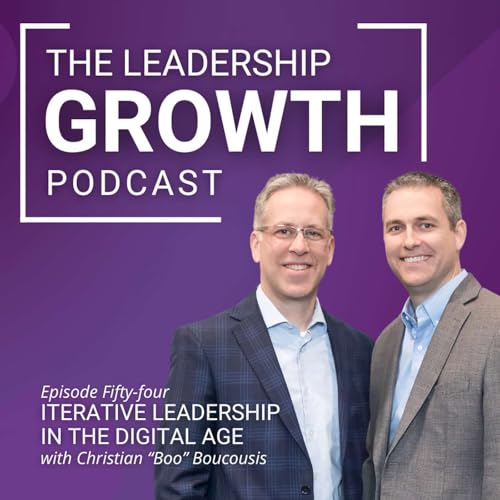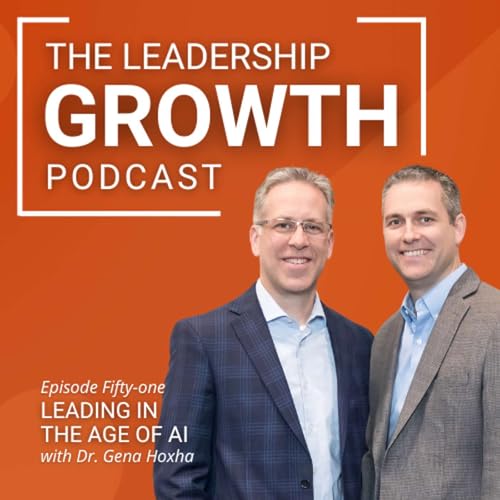When most people say they want to “be authentic,” what they really mean is they want to be comfortable, says Dr. Laura Sicola.
But “comfort zones and authenticity have nothing to do with each other when it comes to real performance,” she says.
Laura Sicola is a cognitive linguist, communication expert, speaker, and coach who helps leaders become master influencers. Her TEDx presentation, “Want to Sound Like a Leader?” has been viewed approximately 7 million times.
Laura joins Daniel and Peter today for a deep dive into authenticity and the myths around what it means to be an authentic leader.
Tune in to learn:
- Why discomfort is so important to becoming a more influential leader
- What sound boards can teach us about authenticity
- When code switching is healthy–and when it’s not
Anyone who wants to grow is going to experience discomfort, Laura says. “Embrace the opportunity to consistently challenge yourself in ways that are healthily uncomfortable,” she says.
Questions, comments, or topic ideas? Drop us an e-mail at podcast@stewartleadership.com.
In this episode:
1:03 – Introduction: Dr. Laura Sicola
2:07 – What Authenticity is NOT
6:50 – Authentic Adaptation
13:07 – The Leadership “Mixing Board”
18:16 – Preferences vs. Values
24:25 – Generational Authenticity
32:04 – Closing Thoughts
Resources:
Dr. Laura Sicola’s Website
“Want to Sound Like a Leader? Start by Saying Your Name Right,” TEDx Talk
Speaking to Influence: Mastering Your Leadership Voice, Amazon
Stewart Leadership Insights and Resources:
Six Secrets to Your Leadership Growth
5 Executive Presence “Superpowers” of Introverted Leaders
6 Tips to Master the Language of Executive Presence
5 Tips to Help You Lead a Global Team
6 Tips to Build a Learning Organization
The Importance of Body Language in Executive Presence
10 Tips That Will Improve Your Presentation Skills
Here Come the Zoomers!
If you liked this episode, please share it with a friend or colleague, or, better yet, leave a review to help other listeners find our show, and remember to subscribe so you never miss an episode.
For more great content or to learn about how Stewart Leadership can help you grow your ability to lead effectively, please visit stewartleadership.com and follow us on LinkedIn, Instagram, and YouTube.
 38 分
38 分 2026/01/1339 分
2026/01/1339 分 33 分
33 分 2025/12/1635 分
2025/12/1635 分 2025/12/0236 分
2025/12/0236 分 2025/11/1836 分
2025/11/1836 分 2025/11/0436 分
2025/11/0436 分 2025/10/2134 分
2025/10/2134 分
